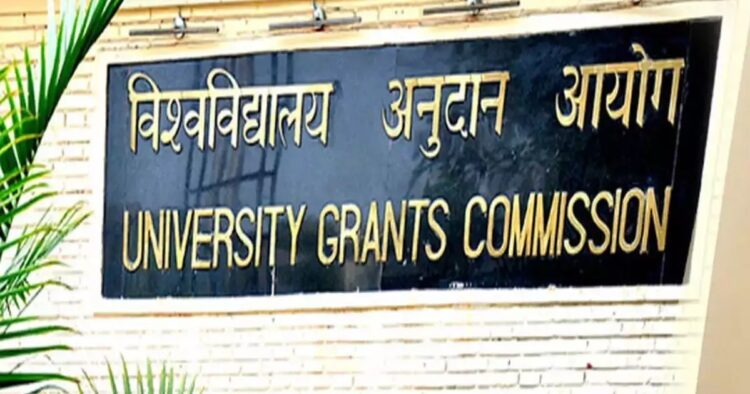In a move that has stirred controversy, the University Grants Commission (UGC) has released draft guidelines that propose the possibility of declaring reserved vacancies for Scheduled Castes (SC), Scheduled Tribes (ST), or Other Backward Classes (OBC) as unreserved if sufficient candidates from these categories are not available. The guidelines, titled ‘Guidelines for Implementation of the Reservation Policy of the Government of Bharat in Higher Education Institutes (HEIs),’ are currently open for feedback from stakeholders.
According to the draft guidelines, a vacancy reserved for SC, ST, or OBC cannot be filled by a candidate outside these categories. However, in rare and exceptional cases, a reserved vacancy may be declared unreserved through a process known as de-reservation. This involves submitting a proposal to the University’s Executive Council (for Group C or D) or the Ministry of Education (for Group A or B) for approval, detailing efforts made to fill the post, reasons for the vacancy, and justification for de-reservation.
The guidelines also address the issue of reserved vacancies in promotions. If a sufficient number of SC and ST candidates eligible for promotion are not available, the draft suggests the possibility of de-reserving such vacancies and filling them with candidates from other communities. The authority to approve de-reservation in such cases would be delegated to the UGC and the Ministry of Education under specific conditions.
Critics, including the Jawaharlal Nehru University Students’ Union (JNUSU), have strongly opposed these guidelines. The JNUSU has announced plans to protest against the UGC’s proposal, with intentions to burn an effigy of UGC Chairman M Jagadesh Kumar.
While the draft guidelines have faced backlash, UGC Chairman Kumar has not yet provided a public reaction to the criticism. The proposal has ignited a debate on the potential impact of such changes on the representation and opportunities for marginalized communities in higher education institutions across the country.
It remains to be seen how the UGC will address the feedback and concerns raised by various stakeholders before finalizing the guidelines for implementation. The controversy highlights the delicate balance between ensuring equal opportunities for all and addressing the challenges of reservation policies in higher education.

















Comments